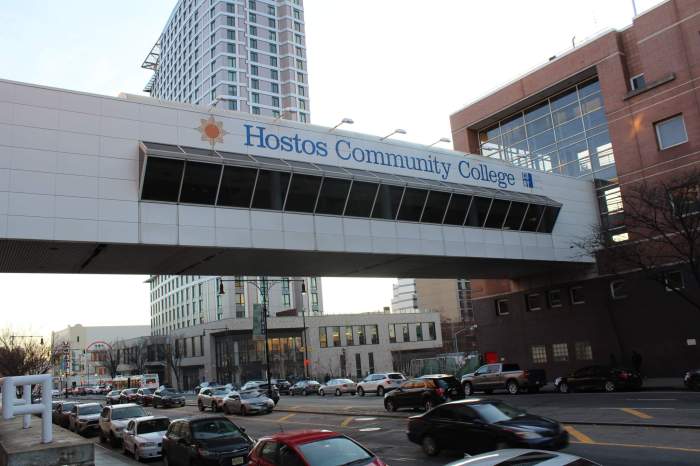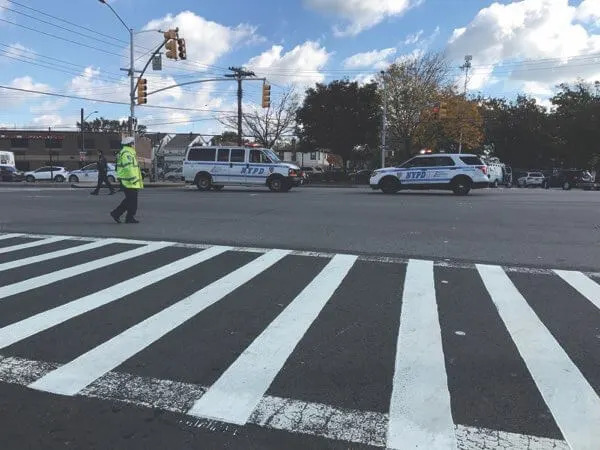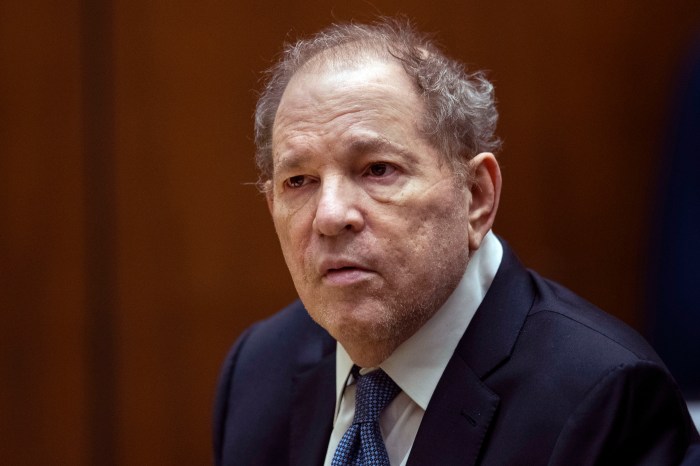Haitian legislators on Sunday voted to lift a ban on dual nationality, allowing millions of nationals in the Diaspora to have a greater say in the impoverished, French-speaking Caribbean country’s political affairs.
Officials said the amendment to the Haiti Constitution will allow two million Haitians in the Diaspora to run for lower levels of office and own land.
“More than anything else, this double nationality gives a clear message to people of Haitian ancestry who have gone to the Diaspora that there is a place for them in Haiti, not only in the reconstruction aspect, but in the everyday life in Haiti,” said Joseph Bernadel, a retired U.S. army major from Delray Beach in South Florida.
Bernadel is also the representative of Haitians living abroad on a commission charged with rebuilding quake-ravaged Haiti.
Supporters said the proposed changes redefine what it means to be Haitian, benefiting countless stateless immigrants living in the Dominican Republican, Turks and Caicos Islands, and the Bahamas.
Some U.S. legislators have already supported the amendment, recognizing dual or multiple nationalities for Haitians.
Miami Democratic Congresswoman Frederica Wilson, who visited Haiti over the weekend, said she welcomes the change.
“What they are describing is fine,” said Wilson, who represents the largest constituency of Haitian-Americans in the United States, ahead of the vote late Sunday.
It was the first time she had seen the devastation unleashed by the Jan. 12, 2010 earthquake.
“I wanted to see what we were deporting people back to,” she said. “Even today, more than a year after, the place still looks like a war zone. It’s heartbreaking.”
The congresswoman said she was also deeply concerned about the fate of thousands of Haitians who received Temporary Protected Status (TPS) in the United States following the earthquake. TPS comes up for renewal in June.
Wilson said she and members of the Congressional Black Caucus are fighting to keep the benefit that allows tens of thousands of Haitians to legally live and work in the U.S. temporarily.
























